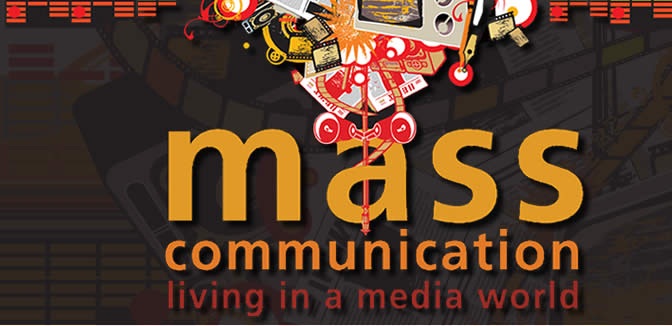The study of contemporary international communication can be illuminated
by an understanding of the elements of continuity and change in its development.
The nexus of economic, military and political power has always
depended on efficient systems of communication, from flags, beacon fires
and runners, to ships and telegraph wires, and now satellites. The evolution
of telegraphic communication and empire in the nineteenth century exemplifies
these interrelationships, which continued throughout the twentieth
century, even after the end of empire. During the two World Wars and the
Cold War, the power and significance of the new media – radio and then television
– for international communication were demonstrated by their use
for international propaganda as well as recognizing their potential for socioeconomic
development.
